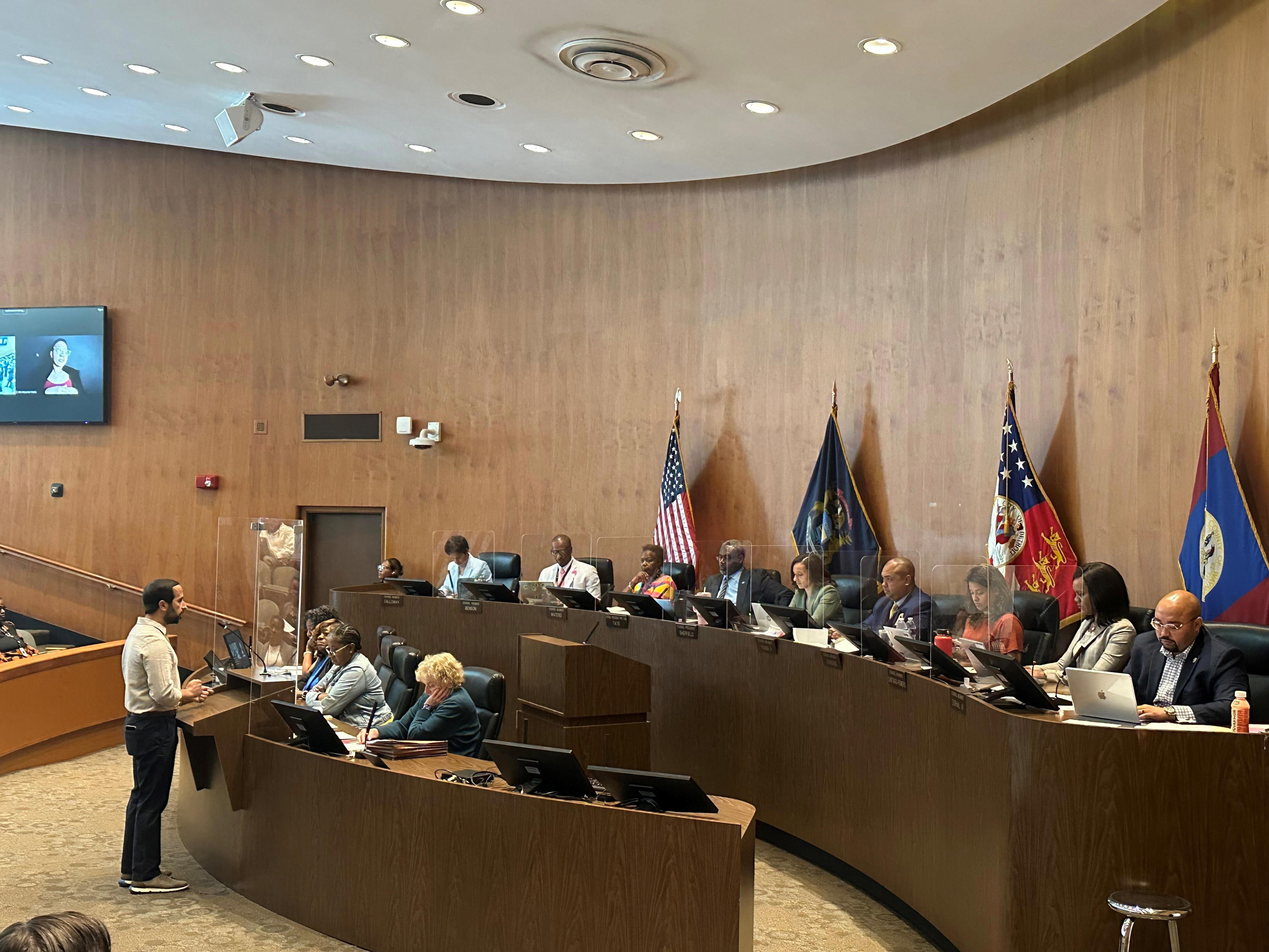Detroit Council Approves Business Licensing Reforms

Simplifying the Process for Small Businesses in Detroit
Detroit is taking significant steps to make it easier for small business owners to obtain and renew their business licenses. This change comes after a recent amendment to an ordinance that was approved by the City Council on Tuesday. The new rules aim to reduce the administrative burden on local entrepreneurs, making it less tedious and more straightforward to navigate the licensing process.
Extended License Terms and Consolidated Requirements
One of the most notable changes is the extension of the business license term from one year to two years. This shift means that business owners will no longer need to renew their licenses annually, reducing the frequency of paperwork and associated costs. Additionally, the reforms consolidate two separate licenses required for restaurants into a single, unified license. Previously, restaurant owners had to acquire both a city business license and a state license through the health department, which often created confusion and added unnecessary complexity.
These adjustments are part of a broader effort to streamline the regulatory environment in Detroit. According to Hassan Beydoun, group executive of economic development, the city has long been known for its complex and difficult-to-navigate system of laws and regulations. For many small businesses, this complexity can be a major barrier to entry or growth.
Addressing Concerns About Fiscal Impact
Despite these positive changes, some members of the City Council raised concerns about the potential financial impact on the city. Donnie Johnson, the Budget Director, noted that the reduction in the number of licenses issued per year could affect departments such as buildings, safety engineering, and environmental services. However, he emphasized that the city would still maintain a baseline level of revenue to cover the costs of business licensing.
Johnson explained that while the immediate revenue from licensing fees might decrease, the city expects to recoup this loss over time as more businesses open and existing ones grow. Increased business activity could lead to higher income tax collections and sales tax remittances from the state, which would help offset any short-term declines.
Improving Accessibility and Support
The changes also include technological upgrades and the introduction of a concierge team to assist business owners with the permitting process. This support is designed to make it easier for entrepreneurs, especially those without large compliance teams or legal resources, to understand and meet the requirements set by the city.
Encouraging Business Investment
City officials believe that these reforms could encourage further investment in Detroit. With fewer bureaucratic hurdles, more businesses may choose to establish themselves in the city, creating jobs and boosting the local economy. Amanda Elias, deputy group executive of neighborhood economic development, highlighted the importance of having a diverse range of businesses to serve the community’s needs.
"Businesses need other businesses to thrive," she said. "What we’re trying to do is bring more businesses around other businesses, because people need businesses. The residents need businesses, you need to get your groceries."
Positive Reactions from Business Owners
Local business owners have welcomed the changes. Grace Keros, owner of American Coney Island, praised the efforts made by city officials to simplify the licensing process. She described the previous system as a “disaster” and expressed hope that the new rules will make it easier for small businesses to start and operate in Detroit.
An anonymous caller who participated in the council’s public comment session also voiced strong support for the initiative. He called the new ordinance the most pro-business measure he had seen in 19 years of operating in the city, describing it as a significant step forward for Detroit’s economy.
Looking Ahead
The city plans to retool its revenue forecasts to better understand how the changes will affect future income. City Council President Pro-Tem James Tate has requested regular reports to ensure transparency and fiscal responsibility.
Currently, there are approximately 2,400 business license holders in Detroit, according to Andie Taverna, deputy chief operating officer. Officials believe that the new policies will not only ease the burden on existing businesses but also attract new ones, contributing to the city’s long-term economic growth.
Post a Comment for "Detroit Council Approves Business Licensing Reforms"
Post a Comment